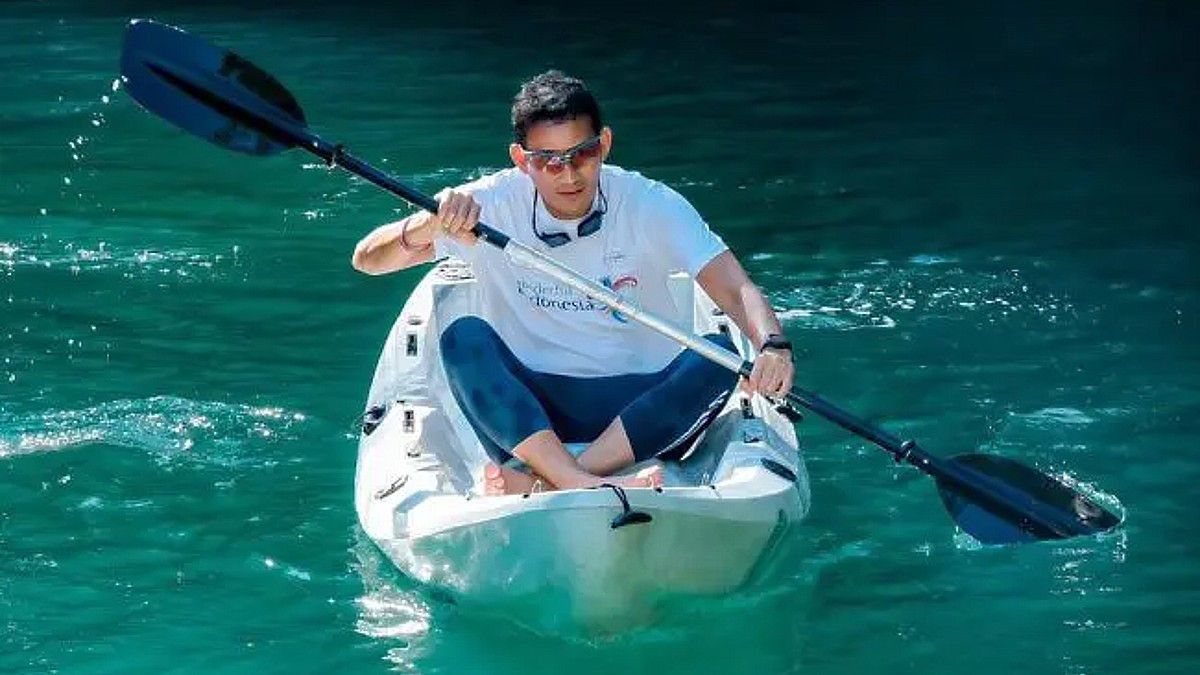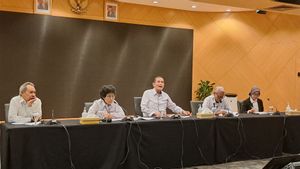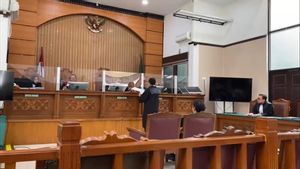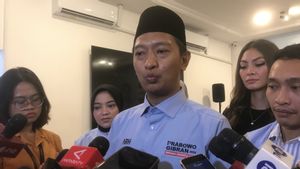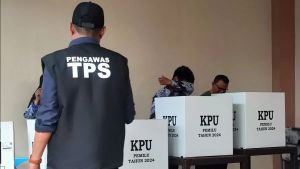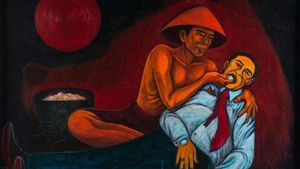JAKARTA - Minister of Tourism and Creative Economy, Sandiaga Salahuddin Uno asked tourism entrepreneurs, especially entertainment service providers, not to worry about setting entertainment taxes at 40 percent to 75 percent.
"Don't worry that the government will come with policies that are in favor of course (to tourism sector business actors)," said Sandi at The Weekly Brief with Sandi Uno in Jakarta on Monday, January 15, which was confiscated by Antara.
This was conveyed by Sandi because his party ensured that the policies issued by the government were made to empower business actors in the tourism industry and the creative economy, not turn it off.
"We will ensure that our policy will empower tourism industry players and the creative economy is not deadly," said Sandi.
Especially for spa business actors in Bali, the Head of the Bali Provincial Tourism Office, Tjok Bagus Pemayun, said that spa entrepreneurs who feel burdened by setting entertainment taxes, can submit objection letters to the local district/city government.
"We ask for a copy to be conveyed to the Governor (Governor of Bali), so from this basis the Governor also encouraged the district/city government to pay attention to the objections of fellow spa entrepreneurs," said Tjok who was also present on the same occasion.
It is known, the Association of Indonesian Tourism Industries (GIPI) Bali said a number of spa entrepreneurs on the Island of the Gods submitted a judicial review to the Constitutional Court regarding articles governing tax rates and their classifications in Law Number 1 of 2022.
"We have conducted a judicial review to the Constitutional Court (MK), friends (entrepreneurs) spa have done it. Hopefully at least this (tax tariff) can be postponed," said Bali GIPI Chairman Ida Bagus Agung Parta Adnyana in Nusa Dua, Badung Regency, Bali, Thursday (11/1).
In line with Agung Parta, Secretary of the Indonesian Hotel and Restaurant Association (PHRI) Bali Perry Markus added that the judicial review had been received by the Constitutional Court on Friday, January 5.
SEE ALSO:
He explained that the material tested was related to Article 55 and Article 58 of Law (UU) Number 1 of 2022 concerning Financial Relations between the Central Government and the Regional Government (HKPD). Article 55 states that steam/spa baths are included in the category of arts and entertainment services.
The entertainment tax has been regulated in Law Number 1 of 2022 concerning Financial Relations between the Central Government and the Regional Government (HKPD).
In the regulation, it is stated that certain goods and services taxes (PBJT) for entertainment services at discotheques, karaoke, nightclubs, bars, and steam/spa baths are set at a minimum of 40 percent and a maximum of 75 percent.
Entertainment tax is a type of tax collected by district/city governments, whose taxes are paid by consumers so that business actors only collect taxes that have been set.
The English, Chinese, Japanese, Arabic, and French versions are automatically generated by the AI. So there may still be inaccuracies in translating, please always see Indonesian as our main language. (system supported by DigitalSiber.id)
